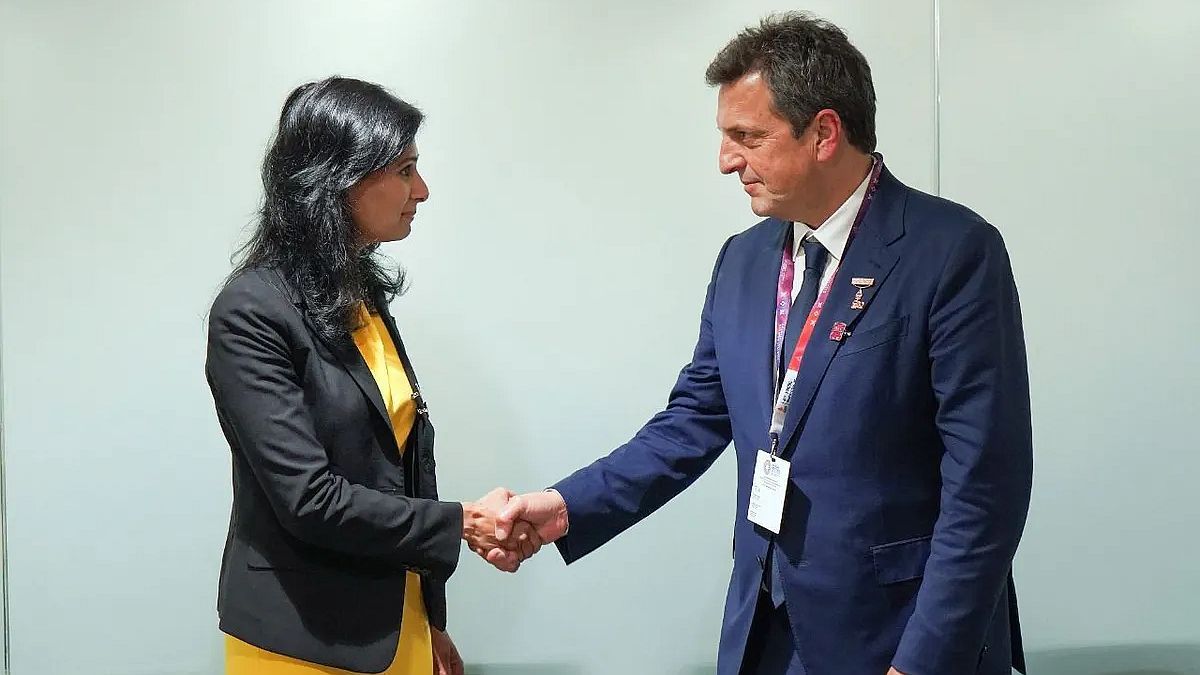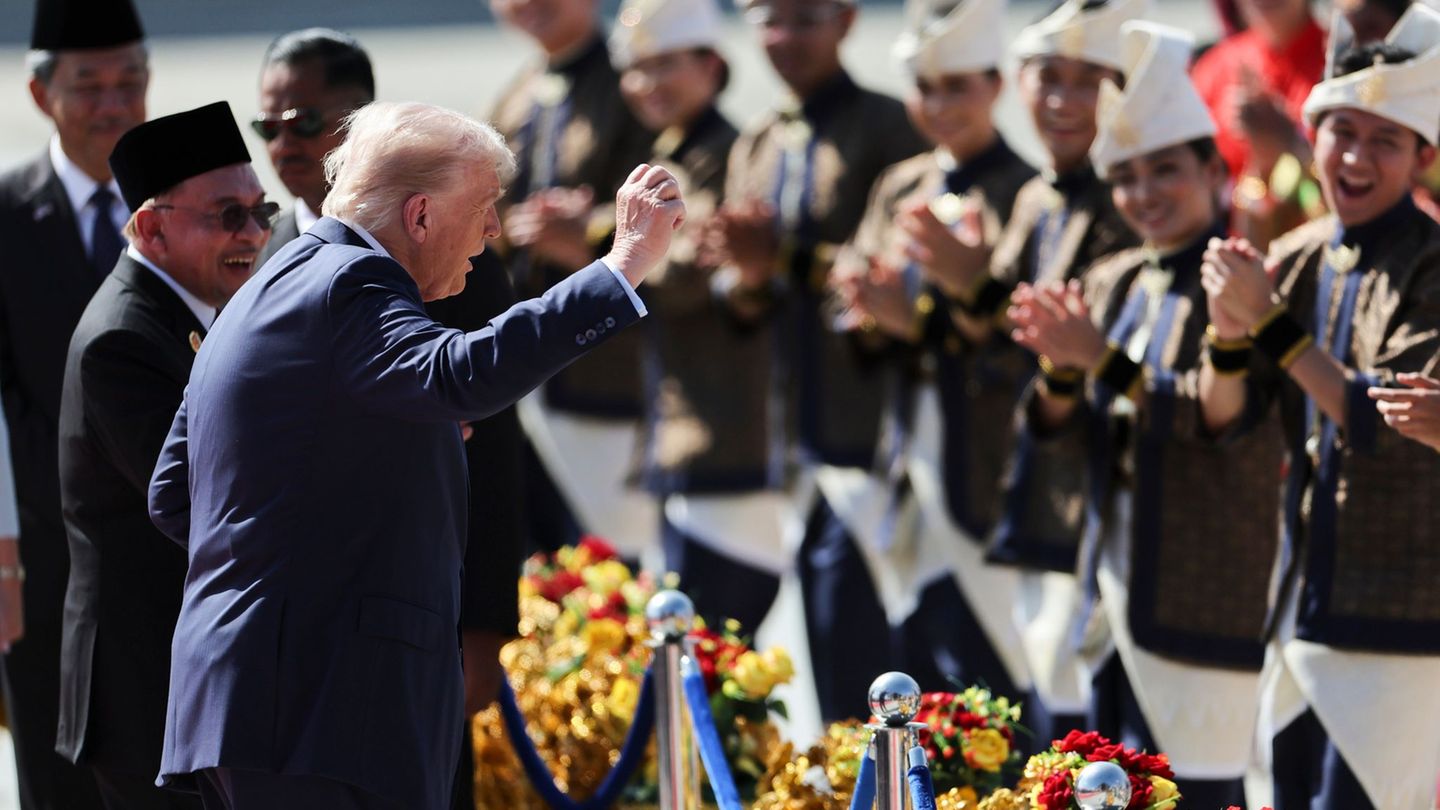One of the central aspects of the Argentine requests is for the country to obtain additional funds. In principle, it is estimated that the IMF could send -once the agreement is concluded- about US$ 2,000 million – plus the stipulated repayments.
The fiscal policy is another controversial issue. The technicians do not accept the request of the economic team to raise the fiscal deficit target for the year by around 2.5% of GDP. On the contrary, had raised the need for a reduction to 1.6% of the primary imbalance.
The solution to which they would be arriving would be intermediate: maintain the 1.9% stipulated in the agreementdespite the fact that the drought also had an impact on tax revenues.
This goal of 1.9% -in itself demanding-, implies a strong restriction of public spending that is difficult to meet in the middle of an electoral process, a presumption shared by the multilateral organization.
It should be taken into account that tax collection is affected by the drought and its impact on exports, as well as the slowdown in domestic consumption due to inflationary dynamics. In the first half of the year, collection fell 4.4% year-on-year (assuming inflation of 7% for June).
In this sense, this Wednesday, through administrative decision 540/23, the national budget was modified, increasing resources by $21,735.0 million and total spending by $95,641.9 million, with a negative impact on financial results of $73,906.6 millions.
In negotiations, “everyone plays make-believe,” they say in Washington. In fact, the agreement to be reached will last only until December. It is that, in the organism they know that it will be necessary to “shuffle and give again” with the new government.
While waiting to reach an agreement, the Government decided to postpone payments to the IMF for more than US$ 2,500 million concentrating them to July 31, as confirmed by an IMF spokesperson.
Bookings
IMF Yes, it would admit the cost that the drought represented by granting the country a reduction in the goals of foreign exchange reserves. It should be remembered that the original agreement established as a goal that the Government accumulate a stock of net reserves of US$9.1 billion by June, when net reserves closed negative at US$5 billion, according to calculations by the Econometric consultancy.
Negotiations with the Fund take on particular importance at a time when the Central Bank’s reserves continue to fall. In the first half of the year, gross reserves fell by US$16.7 billionaccording to an Econometric calculation.
image.png
During the month of June in particular, the BCRA sold US$ 944 million in the official exchange market, an operation that was only possible because the swap with China was activated.
According to the criteria of the IMF, to estimate the net reserves of the BCRA, the liabilities in dollars that the entity itself has are subtracted. That is, gross reserves (USD 27.9 billion) are mainly subtracted from reserve requirements (USD 10.5 billion), the Chinese swap (USD 18.1 billion) and the debt with the BIS (USD 3.1 billion). ), leaving net reserves with a negative balance of US$5,000 million.
The only thing that the BCRA owns, concludes Econometrica, are US$4 billion in gold bullion, part of it in Buenos Aires, part of it in London. But given that the net reserves are negative by -u$s 5,000 million, it implies that even by selling all the gold the BCRA cannot meet all its external liabilities.
Source: Ambito




